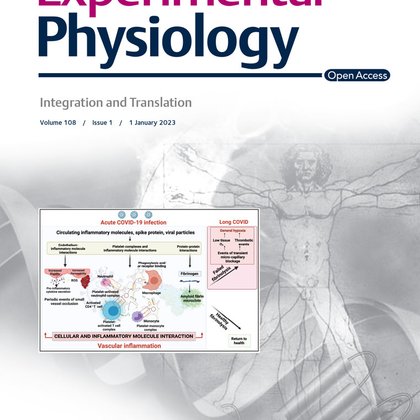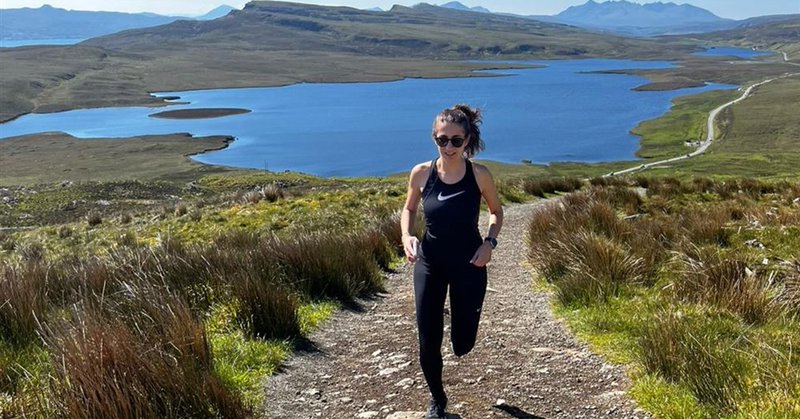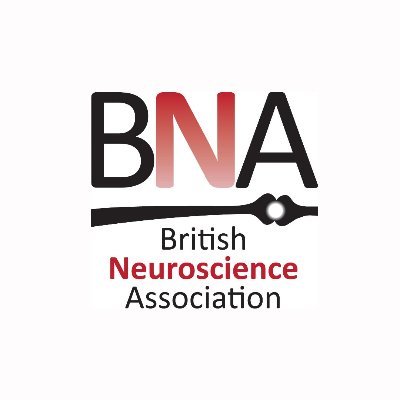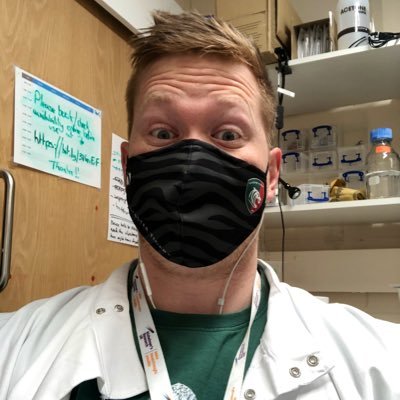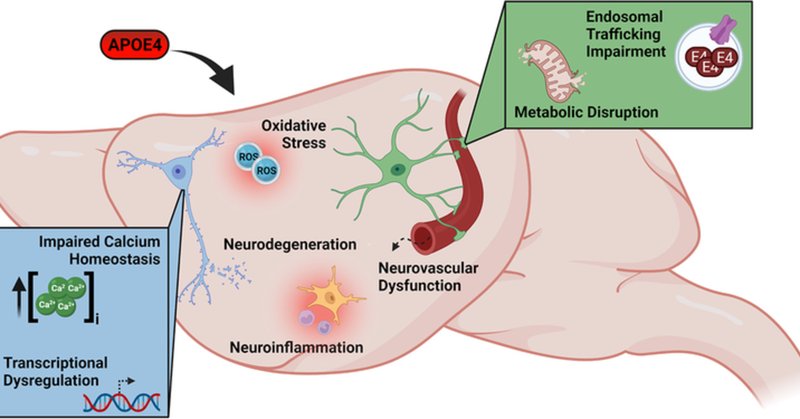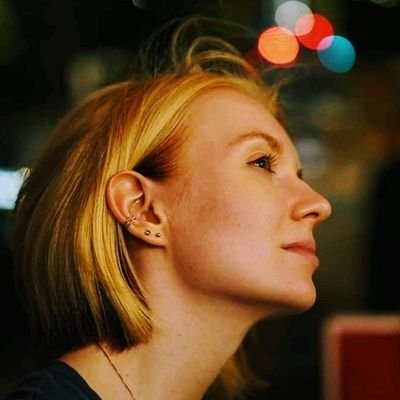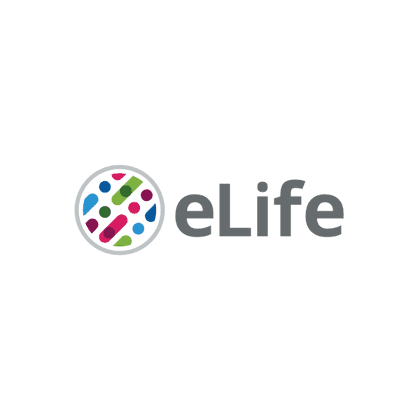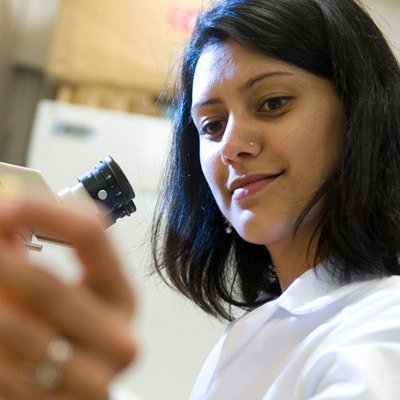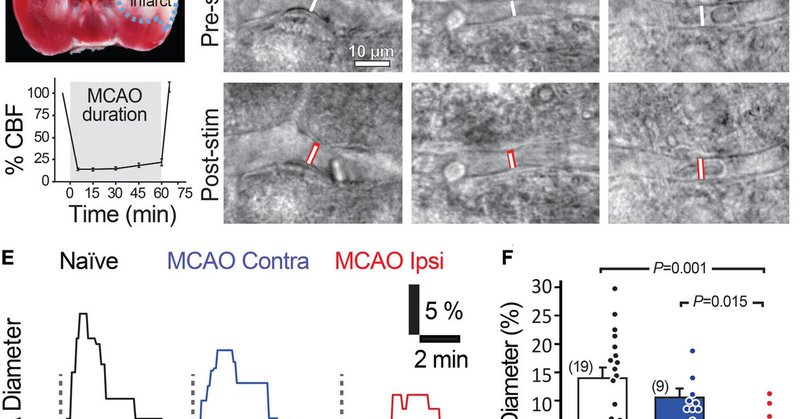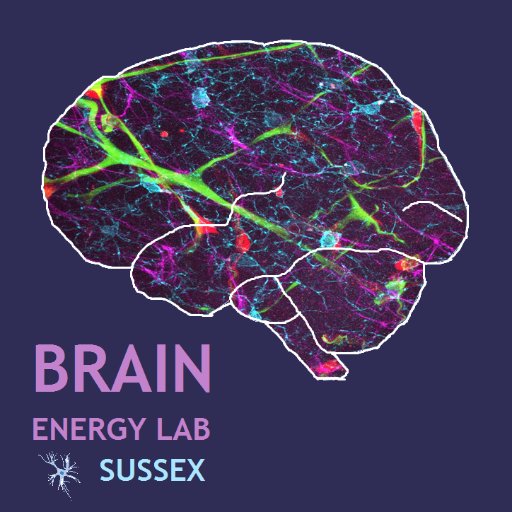
Brain Energy
@BrainEnergyLab
Followers
632
Following
417
Media
80
Statuses
326
We are the Brain Energy Lab at the University of Sussex, led by Dr Catherine Hall. We use several imaging techniques to probe neurovascular function.
Brighton, England
Joined December 2016
🧠Check out our latest paper (from @cathnaledi's lab, co-first-authored by @OrlaBonBon & @kirashaw). We show vascular changes in awake APOE4 mice are mild vs earlier studies with big blood flow deficits. Read the thread below to see why we think responses were mainly preserved🧵:
I’m delighted to announce the lovely @orlabonbon and @kirashaw 's paper is out in @_jcbfm
https://t.co/LNTvyCPmuu Haven’t got time to read it right now? Here’s a 🧵 to summarise it! 1/11
0
1
8
Our paper is out! https://t.co/k0IMgPxQMe With genetic Ca2+ clamping and chemogenetic activation of astrocytes, we show that astrocytes enhance neurovascular coupling when neuronal activation is sustained but not when activation is brief.
22
46
268
New postdoc in my lab funded by BBSRC! Project will investigate behaviour and neuronal responses in mice performing goal-directed tasks guided by whisker input, either in head-fixed configuration combined with two-photon imaging, or in a novel freely-exploring configuration
2
34
54
My annual pitch for our excellent neuroscience PhD programme. Come work with us (especially me!)!!
Our Sussex Neuroscience 4-year PhD Programme is open for applications! Deadline Feb 23rd, for Sept 2023 entry. Brilliant community of students and supervisors, and a choice of >40 labs for rotations- come and join us by the sea!
0
8
17
Our #LongCOVID mechanisms, risk factors and recovery review is out! It follows on from the @ThePhySoc online conference of the same name earlier in the year. Hats of to all the amazing contributors ...
physoc.onlinelibrary.wiley.com
Long COVID, the prolonged illness and fatigue suffered by a small proportion of those infected with SARS-CoV-2, is placing an increasing burden on individuals and society. A Physiological Society...
1
8
27
Grear talk by @cathnaledi at the ECSS @OfficialUoM on the differences between visual cortex and hippocampus in neurovascular function and implications for disease. Hippocampus seem to be more prone and sensitive to hypoxia, which might be relevant for the development of AD.
2
1
9
You can now apply for my PhD project with @DgnLab looking at how microglia respond to hypoxia! Details here: https://t.co/VkLDZj2S3A and apply here: https://t.co/gMwO0pnVYi Please get in touch if you’re interested, address here
0
8
13
Exciting news! I’m recruiting a PhD student to find out what happens to microglia when the brain’s oxygen levels fall. It’s a very cool project working with me and the excellent @DgnLab - in vivo imaging and omics! Get in touch if you’re interested or know someone who might be!!
1
29
54
Well done to @AnderleSilvia 🏃♀️🙌🏻 What an achievement
It was the best experience ever! @AlzResearchUK's cheer and support was unmatched. I can't wait to take on the next challenge. 🥰 Also, it's not too late to donate. This is the link:
0
0
1
Next Sunday I am running the London marathon and I'm fundraising for @AlzResearchUK. Check out my @JustGiving page and please donate if you can. Thank you! #JustGiving
justgiving.com
Help Silvia Anderle raise money to support Alzheimer's Research UK
1
5
7
Appreciating my postdoc, the excellent @kirashaw in person for the first time in ages! We missed her!
0
2
20
🌟#BNA2023 REGISTRATION & ABSTRACT SUBMISSION opens TOMORROW! 🏖️Don't miss out on the #neuroscience event of 2023: take your first look at the international programme & get ready to book your spot at the seaside! 🧠Programme here: https://t.co/SeZHgR6kjC
0
15
29
🚨 Happy to launch a new Research Topic in Frontiers in Aging Neuroscience! 😃 👇🏻👇🏻👇🏻👇🏻👇🏻👇🏻 Imaging of the blood-brain barrier in Alzheimer's disease and related disorders https://t.co/qYlFw3SbhF Feel free to reach out if interested and please RT 🙏🏻
2
23
54
Echoing a 4-year (?!) old tweet that still resonates; mine & @Alex_C_Stuart’s new review ( https://t.co/qOIQbCPWt4), out in @EJNeuroscience, agrees ApoE does literally everything and suggests a novel multi-hit hypothesis of APOE4 mediated pathology … a thread (1/14)
onlinelibrary.wiley.com
Evidence is presented for a multihit hypothesis of APOE4 pathophysiology whereby multiple hits are exacerbated by cellular stressors and exhibit crosstalk between pathways with APOE4 placing the...
In today's edition of "turns out #ApoE does literally everything": apoE4 compromises exosome production
2
7
23
Out today! Check out our paper to learn that neurovascular function and mural cell types down the cerebrovascular network change gradually, therefore indicating that there is not a clear boundary between arteriole and capillaries. https://t.co/hPNulCiTD2
frontiersin.org
In understanding the role of the neurovascular unit as both a biomarker and target for disease interventions, it is vital to appreciate how the function of d...
1
3
17
Thanks @BrainEnergyLab @DrMattHHaley @AnderleSilvia @kirashaw and everyone else, including Davina Amin, who took the first images for this paper too many years ago. Sorry it's taken so long to put it all together!
0
2
5
Check out our lab's latest paper! We used novel and existing data to show that there is a gradual change in vascular function and mural cell population across the vascular network, indicating that there isn't a clear boundary between arterioles and capillaries.
New paper! We use new and existing data to show gradual change in mural cell and vascular function across cerebrovascular network, not clear arteriole/capillary boundaries https://t.co/xeBr5XsziG Thanks @AndyShih_Lab & @cai_changsi for such constructive review. Key findings:🧵
0
2
6
Our paper is now out in @eLife! https://t.co/nRLwMuUrlb Assessment of #neurovascular coupling and cortical spreading depression (#CSD) in mixed mouse models of #atherosclerosis and #Alzheimer’s disease @neuroshef @ShefUni_IICD @nvc_sheffield @ShefHealthspan @sheffielduni
elifesciences.org
Mice modelling atherosclerosis show neurovascular breakdown in the cortex compared to healthy controls, and inducing atherosclerosis in mice modelling Alzheimer's disease increases the number of...
1
10
15
Our lab's FIRST paper showing neurovascular coupling is impaired after stroke in regions outside the infarct due to increased 20-HETE is finally out!! Fantastic work by Zhenzhou Li, Heather @neurovessels, Teresa @teresastack and colleagues! SO proud!
frontiersin.org
Neurovascular coupling, the process by which neuronal activity elicits increases in the local blood supply, is impaired in stroke patients in brain regions o...
The first research paper preprint from the Mishra lab is here!!! 👇🏼 We show that neurovascular coupling is suppressed after stroke even in brain areas outside the infarct which are considered 'asymptomatic.' 1/3
14
24
116






